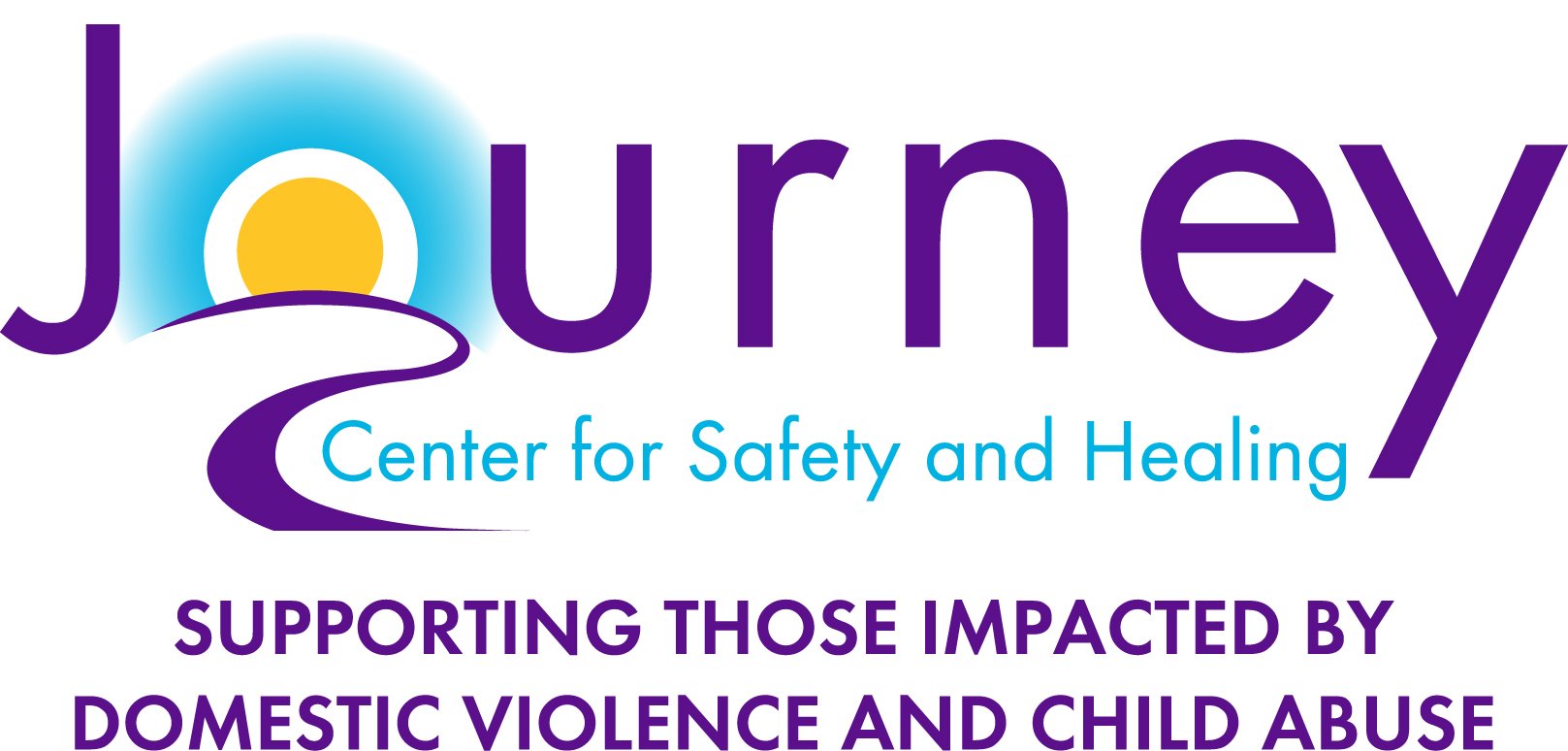Restricted abortion access puts women in violent relationships in grave danger, advocates say
CLEVELAND — Every single day The Journey Center of Cuyahoga County helps people out of terrifying situations. Melissa Graves is the CEO of the center.
“We work with about 15,000 survivors of people impacted by domestic violence or child abuse every year,” she said. “We do victim advocacy for people going through the court system or needing protection orders. We have supervised visitation and we do a lot of prevention and community awareness work about the myths and dynamics of abusive relationships. We have a 24-hour help hotline.”
But right now, it’s Graves and other leaders of organizations like hers, that are terrified of not being able to help the people who need it since the reversal of Roe v. Wade.
“It’s a seismic shift in the danger levels for women, in general, but absolutely for people who are living in abusive relationships,” she said. “We hear, all too often, from those we serve that reproductive coercion, birth control sabotage, and marital rape are part of the abuse that they experience in that abusive relationship.”
To put it in perspective, she said most female homicides are at the hands of an intimate partner, but for pregnant women the homicide rate increases by 16%.
“Why is pregnancy a risk factor for violence in abusive relationships? Domestic violence, at its core, is about using abuse and coercion to control one’s partner. Pregnancy can be a trigger for jealousy and control. Abusers sometimes find pregnancy and children threatening and seek to re-exert control over their partner,” said Graves.
Forty percent of pregnant women who have experienced abuse say their pregnancy was unintended but compared to only 8% of non-abused women.
“We fear that the impact is going to be more women who are stuck in dangerous relationships, more women who are murdered by their partner, and more women who may commit suicide because of this decision,” she said.
Taylor Ucker-Lauderman works for the Ohio Alliance to End Sexual Violence. She said, Ohio’s Heartbeat Bill, which bans abortions after six weeks with no rape or incest exceptions, is heartbreak for the women they help.
“Those are people who are going through trauma. I would say missing their period for two weeks might not be the first thing at the top of their mind six weeks after being attacked. They may not even realize that they are pregnant,” she said. “Anything that’s keeping you connected to a toxic, abusive person is really scary and really dangerous.”
She hopes that their hands won’t be tied forever but said, in the meantime, the ramifications are huge.
“I always hope that we can make change and like and change these things, that we're not stuck with this forever. But for today we are, and people are getting assaulted every day,” said Ucker-Lauderman.
Graves encourages anyone who may need help to call their help Helpline at 216.391.4357 or click here.
